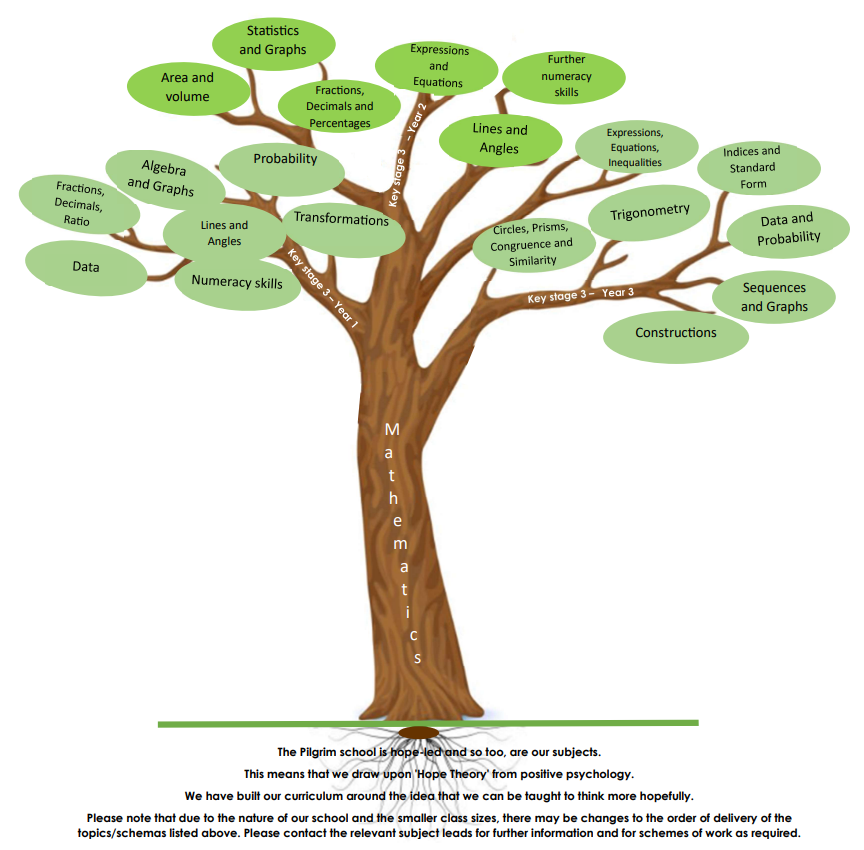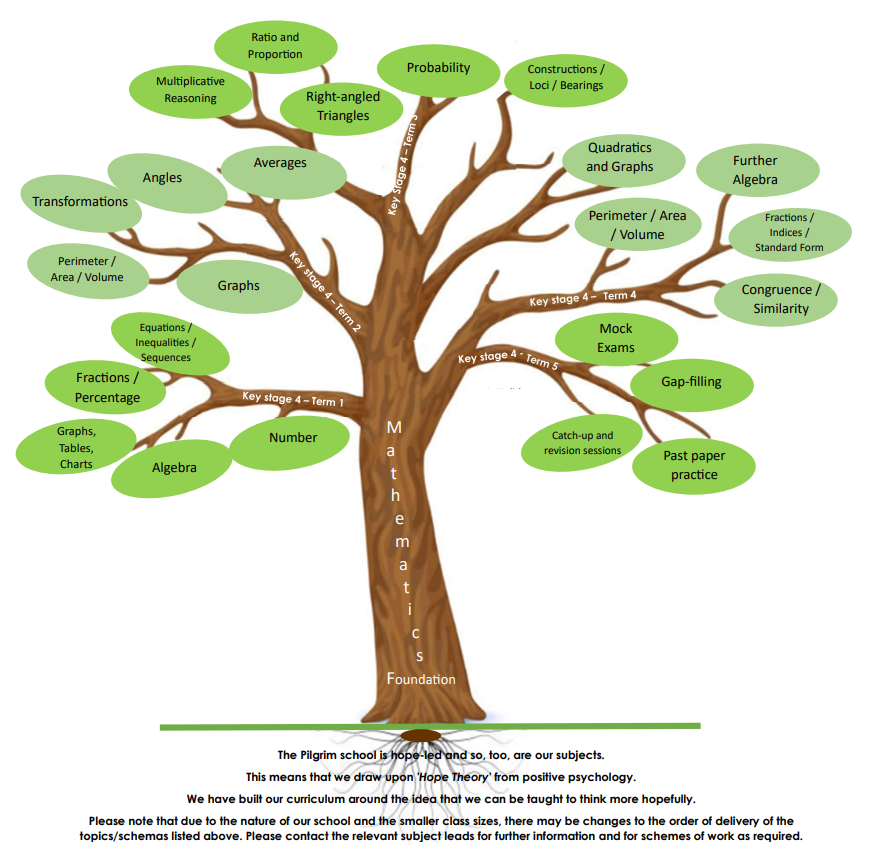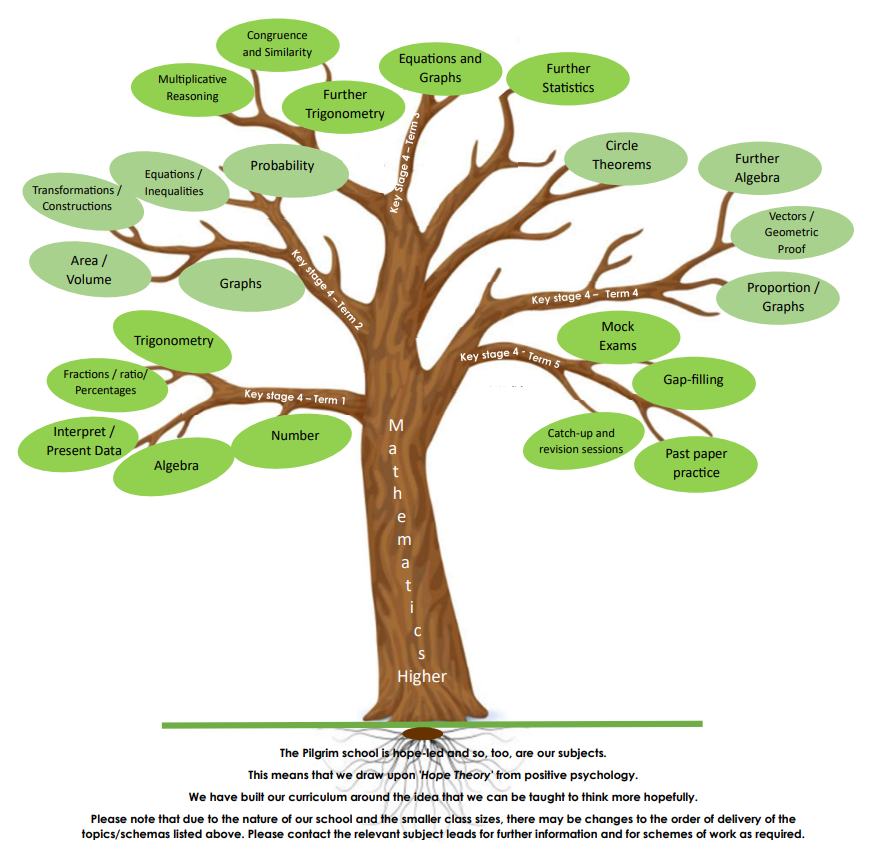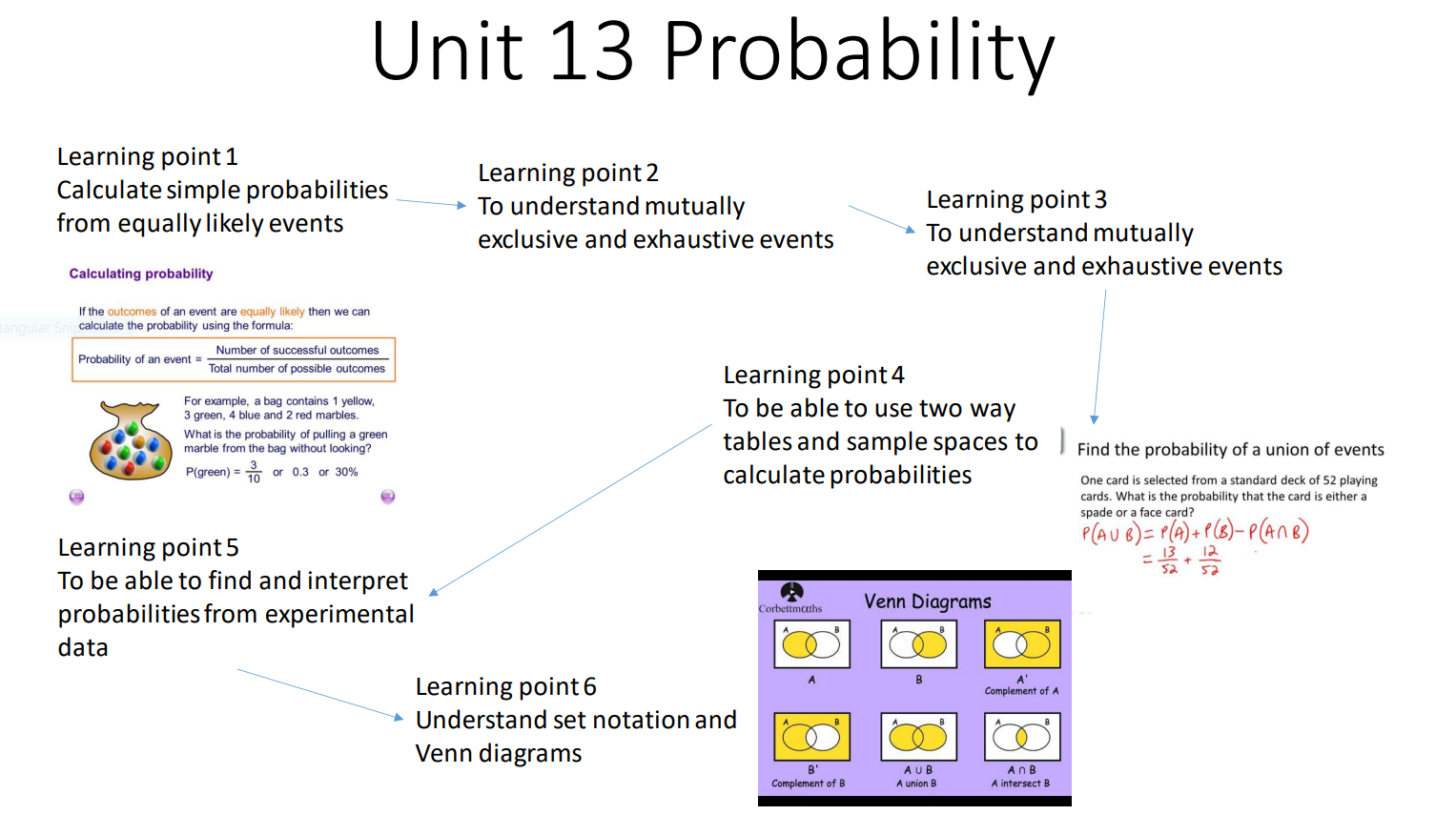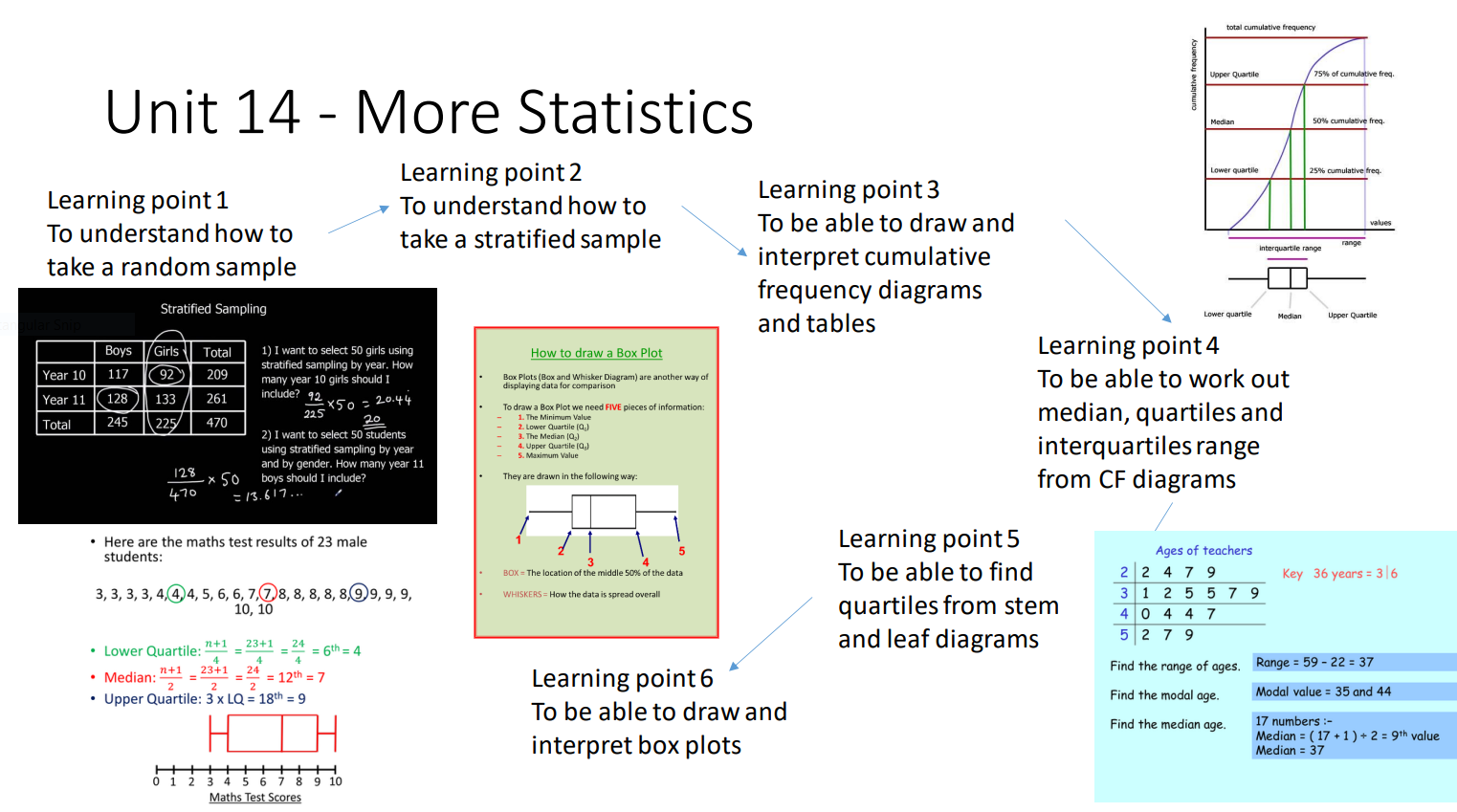Maths
Introduction
Mathematics is a universal part of human culture. It is used in everyday life without us realising it. It is the tool and language of commerce, engineering and other sciences – physics, computing, biology etc. It helps us recognise patterns and to understand the world around us. The study of Mathematics can lead to a variety of exciting professional careers. Basic research, engineering, finance, business, and government service are among the opportunities open to those with Mathematical training. Moreover, with the increasing importance of basic science and information technology, prospects for careers in the Mathematical Sciences are very good. 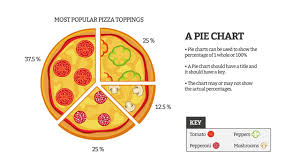
Mathematical analysis and computational modelling are important for solving some of the most pressing problems of our time - new energy resources and climate change to name two.
Goal
Example Schema
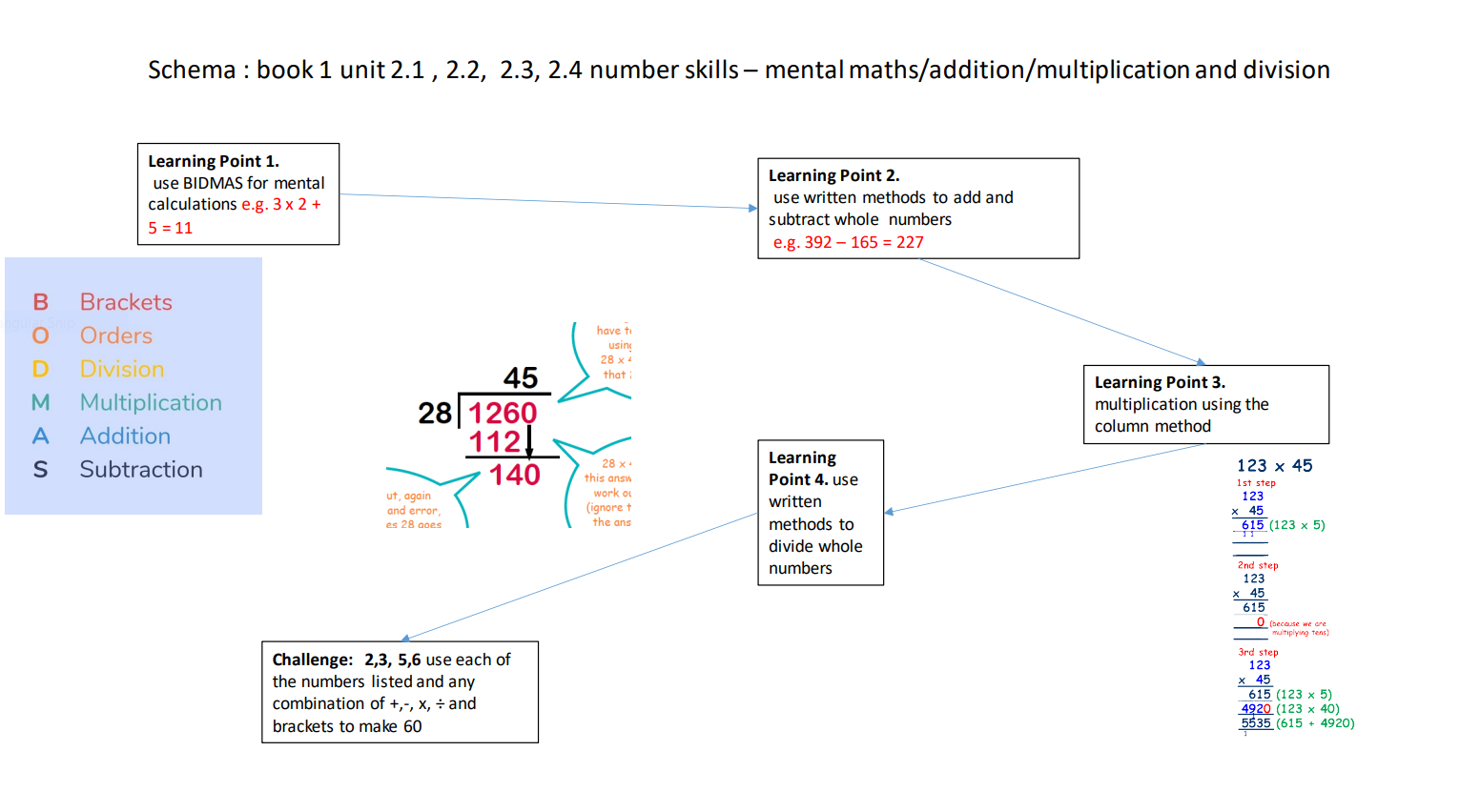
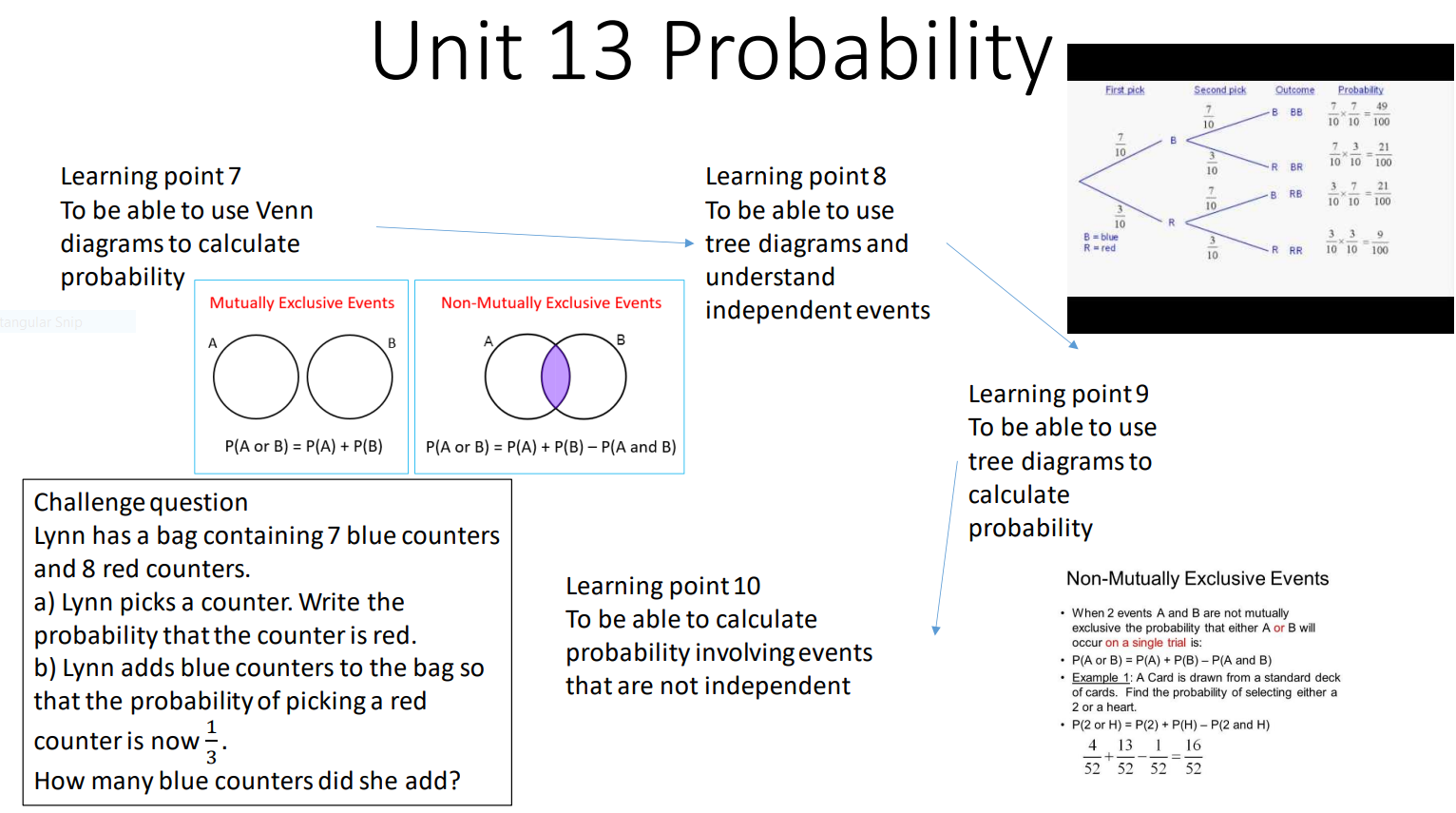

Pathways
KS3
At The Pilgrim School, we recognise that pupils can join us in Key Stage Three who may not have developed all the skills needed to navigate their way through to a successful conclusion at GCSE.
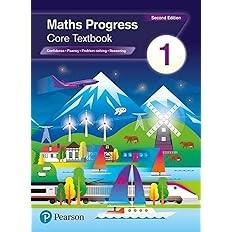
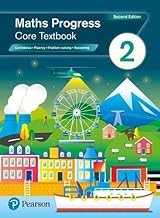
We use the books pictured above – developed by Pearson specifically to prepare pupils for Key Stage Four.
They cover the four main areas of Mathematics – Number, Statistics, Geometry and Algebra – in a spiral curriculum that means pupils can join at any stage. We also offer a bespoke approach to allow students to catch up and progress at different rates, driven by small class sizes and appropriate support.
If a student, or group of students, finishes this course in Year 9, rather than moving on to Book 3 we begin the GCSE course earlier.
We also support The Pilgrim School Reading Programme, recognising that all the numeracy skills in the World are not enough if you don’t understand the question...
How will I be assessed?
All pupils sit a baseline assessment after approximately six weeks at The Pilgrim School, then are reviewed under test conditions in half terms 2, 4 and 6. This allows us to not only measure progress, but also to individualise the learning and the test experience, introducing Access Arrangements earlier and not only normalising them, but keeping them consistent.
KS4
Our course gives pupils the opportunity to cover everything needed to achieve a GCSE qualification in Mathematics. The course is broken down into four main subject areas which can be studied at Foundation or Higher level.
1. Statistics
Whether you are reading a paper or magazine or watching politics on TV, statistics can be found throughout our media. Our curriculum covers statistical representation, averages and range, arranging data and using probability.
Pupils will gain first-hand knowledge of representing data in graphs and tables and gain a deeper understanding of some applications of statistics that they can relate to the world around them.
2. Number
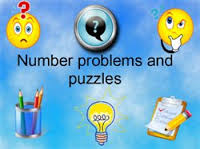
This element covers areas such as fractions, percentages, decimals and powers. Pupils will learn the essential rules of numbers and understand how numbers can be manipulated. They will gain skills which they can apply in real life whether they are out shopping for the best bargain or choosing a bank account.
3. Geometry
 This topic covers areas such as angles, circles, scales and drawing, prisms and bearings.
This topic covers areas such as angles, circles, scales and drawing, prisms and bearings.
These skills are very desirable in a number of workplaces. There are many jobs where they are essential; building, designing and planning, graphic design and product engineering are only a few examples.
4. Algebra
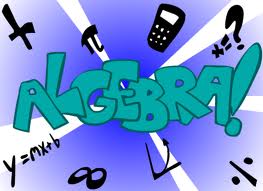
Algebra is essential to encourage problem solving, curiosity and the practice of processing and applying information. Algebraic skills are used in real life situations as formulae which can help costing in a shop or interest rates in a bank.
Functional Skills Entry Level 1, 2 and 3, and Level 1 and 2 (equivalent to a grade 4 at GCSE)
These qualifications are suitable for those pupils for whom GCSE is not appropriate either through having missed significant periods of education, or who find aspects of GCSE work particularly challenging.
The qualifications suit learners who wish to develop their mathematical skills, including number skills, measuring, position, shape, sequencing and sorting.
They give the learner the opportunity to develop skills, build confidence and gain an accredited qualification.
How will I be assessed?
All separate units are taken individually and are assessed through an exam.
There is no Maths coursework.
There will be opportunities to practice the types of questions before you take the exam and there are multiple entry dates for all Functional Skills which provide more than one opportunity to take the exam throughout the year.
GCSEs are assessed through the normal Summer exam schedule.
Agency
At The Pilgrim School we intend to increase the ability to develop reasoning skills, appreciate the place of Maths in our surroundings, and ultimately develop a sense of understanding, enjoyment and curiosity about the subject. As a department we pride ourselves in every student leaving with at least one meaningful Maths qualification ranging from Function Skills Entry Level 1 to GCSE Higher, and our curriculum is designed with this in mind.
Support

